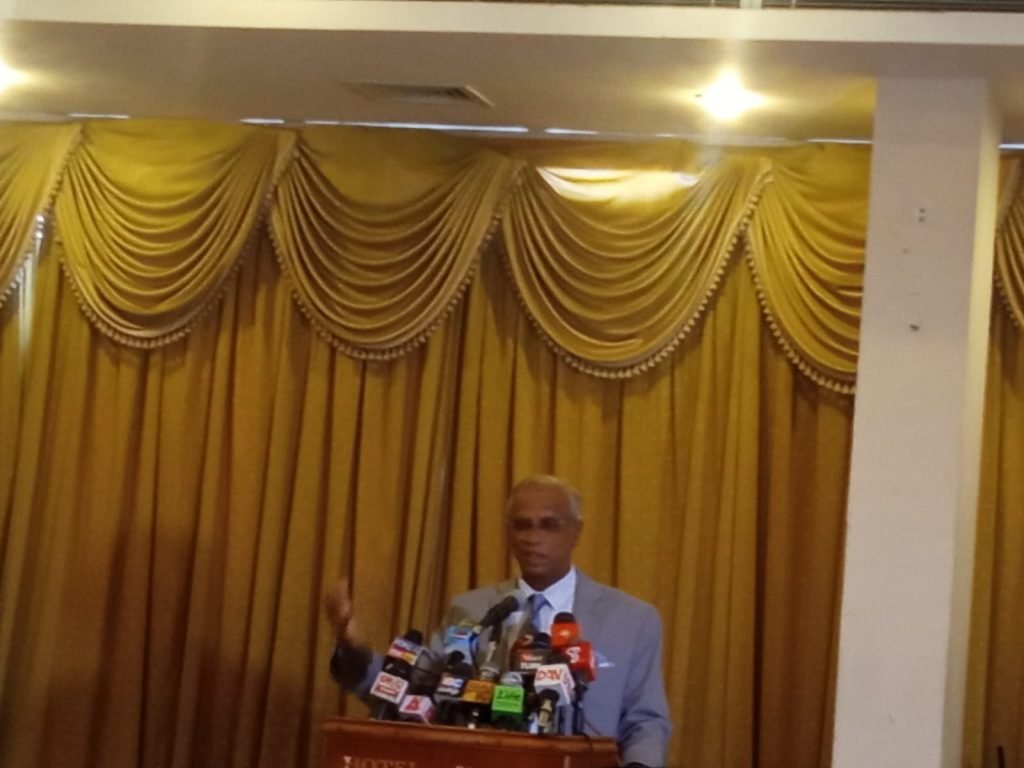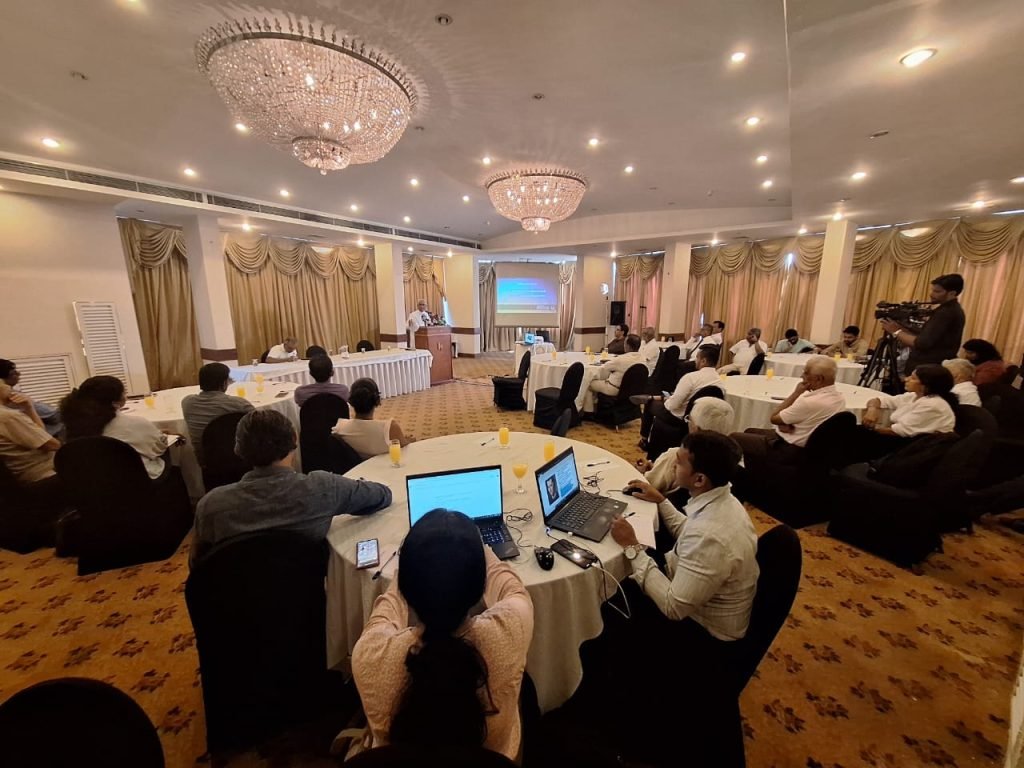July 9th, 2024 at Hotel Janaki, Colombo 05
I will speak in English, as it will be quicker and easier for me. If any interpretation or translation is necessary, I suppose that will be provided.
Some points have already been made regarding the principle of subsidiarity, which holds that whatever can be done at the lower level must be done at that level, and only what cannot be done at that level should be escalated. If we follow this principle, many of our issues would be resolved, particularly political issues. Additionally, it has become clear that economic issues would also be better handled if the principle of subsidiarity were followed.
There is always the question of ownership over what happens in one’s area. Often, we hear questions about why Colombo should decide the kind of development that must happen in Monaragala, Matara, Polonnaruwa, or Jaffna. The people of those areas must decide, of course within the framework of a cohesive policy that is adopted. This approach ensures that people can actually own what happens in their areas. Otherwise, it will be foreign to them, something imposed on them. Without ownership, these initiatives will not succeed.
People often ask me what my children are doing now that they have gone to university. When I start explaining what each of my three children is doing, I often hear, “They must do what they like; they must choose.” This realization has come to all parents these days, even in schools. Once children reach a particular age, like A-levels, they choose their path, and we support them.
We do this because they must feel that they are doing what they have decided. This example is even more relevant when considering development in different regions and areas, especially where different languages are spoken. Language is a significant identity factor that engages people. India is successful because they devolved political power based on linguistic states. This approach allowed people to identify and engage without feeling foreignness or otherness in matters affecting them daily.
For instance, a person speaking Malayalam in Kerala could identify and engage with local governance. The same applies to someone in Punjab, Rajasthan, or Odisha. Devolution of power to regions on a linguistic basis has a strong foundation and rationale. Canada, too, maintains Quebec within the Federation because of devolution on federal lines. Even in Great Britain, despite a unitary framework, the extent of devolution of power is sometimes greater than in overtly federal countries.
Countries that have flourished economically, such as the United States, Australia, Canada, and many in Europe, all have federal systems of government. India has also flourished, whether it’s considered federal or quasi-federal. The distinction between federal and unitary states is no longer clear. The important principle is subsidiarity, allowing people to participate in governance at the ground level.
Local authorities must have more power, and more people’s voices must be heard in their local areas. Strengthening government institutions and giving them more power is essential. There is a lot of talk about police power these days. In many countries, local authorities exercise police powers at different levels. The key issue is how much access people have to governmental power in a republic or people-centered government. Only through proper and meaningful devolution of power can this be achieved, leading to economic prosperity.
Our issues are unique, but even here, one of the problems during the economic crisis was getting the diaspora to invest. The diaspora is far more financially capable than the Sri Lankan state today. One of their concerns is whether there is proper devolution and a political solution to long-standing issues. The economic crisis itself can be traced to the unnecessary war we fought among ourselves. If agreements from 1957 and 1965 had been implemented, or if the federal party’s proposals in 1970-72 had been accepted, the call for a separate state would not have arisen.
The call for federalism or equal citizenship rights emerged as a response to the denial of meaningful participation and the right to practice and flourish identities. Now, three main contenders promise to implement the constitution fully. We have asked the president to implement all that can be done before his term ends in October. His main opponents also support these implementations, so there is an opportunity to resolve this long-standing issue.
If resolved, the country will remain united, undivided, and indivisible, as Hon. Sambandhan, who recently passed away, put it. We are prepared to ensure the country remains one by devolving power meaningfully so all people have equal access to political power.



